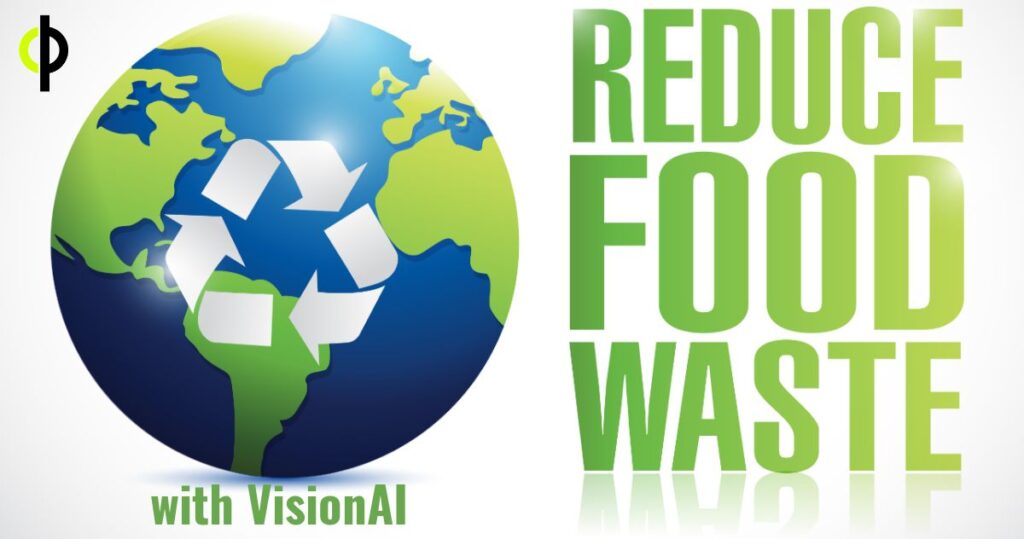It doesn’t require any great perception to know that the field of Artificial Intelligence and Machine Learning presents a very lucrative employment opportunity these days. Expectedly, many of today’s youth are striving to pursue a career in this field. As innovations continue and AI-ML strengthens itself as a technology that can change society more than any other, the jobs being created in the sector are bound to grow multi-fold.
Qualities and Education
The best news for AI job seekers is that AI programming capabilities can be self-taught. And many different types of skill sets can come in handy. However, formal qualifications and specific skill sets are still sought for very much by recruiters. Having said that, let us take a look at what the specific capabilities and educational fields are that will interest the recruiter.
Abilities to innovate, think out of the box and solve problems are the top qualities hirers look for. At Cogniphi we also give value to a candidate’s habit of being in touch with the latest innovations in the IT industry, and good communications and other soft skills. Soft skills are as important as math and computing skills because AI/ML engineers work as part of multi-functional teams, and leadership and teamwork skills are needed to work effectively with colleagues and customers.
Indians do not have to be instructed to pursue formal education, because that is part of the general culture. And, it always helps. For AI jobs, HR recruiters now mainly target a few preferred areas of study like Robotics, Engineering, Physics, Mathematics, Statistics, Computer/Cognitive/Neural Sciences, Coding and Programming. Digital Humanities is also in demand as they teach students to collaborate more. Certifications will of course jump start careers.
Career Paths
Experts in select fields will always be snapped up by employers. But, for the new entrant, remember that it is the Software developer job that is the most common route to establishing a career in AI/ML. There will be countless opportunities for the developer who specializes in specific AI programming like training cameras or drones to understand what they see, or teaching smart online assistants to interact more intelligently, or improving the output from manufacturing robots.
The other obvious jobs like Data analyst, Software designers, Architects, Testing engineer, Algorithm specialist, Business analyst, Hardware specialist and so on will of course continue to grow in demand. Getting a head start and carving your path early will be a good advice to take.

Salaries
The supply-demand gap for trained AI/ML professionals will only grow, for sure. The trend of Machine Learning engineers earning much more than the average software engineer will also continue.
Algorithmic coding and ML skills carry a premium, which is why salaries in AI and ML jobs are higher compared to other profiles. Of course, just possessing those skills don’t mean that you are the doyen of the AI world and you are eligible for fancy salaries.
Final pay scales always depend,without doubt, on experience, education background, interview performance and most of all, Attitude. This last parameter carries more weight than you may imagine.
Which Industries?
Although recent innovations like Alexa and driver less cars are what have brought AI/ML to the limelight, it has been a great career choice for some time now, mainly because the technology has been adopted across most industries and businesses.
The need for trained professionals is ever growing and there are several viable and unique jobs for the taking. From transportation to retail to health to manufacturing to security to entertainment to finance and a host of other sectors, the demand is near universal now.
Get Started
If you have strong computer and programming skills but are new to the AI field that you want to be a part of, take mathematics and ML courses, and get as much hands on training as you can. Get some exposure to general business knowledge also.
If you are already a programmer, you can focus on getting an understanding of algorithms and straight away go into coding.
If you are a data scientist wanting to take the leap into ML, first determine what you want to do. If you feel you are good at preparing data and also have sound business knowledge and communication skills, the best way forward is to acquire hard-core programming skills and get proficient at model building and visualization. There will be several areas of work in which you can decide to specialize.
Two things to remember in general: One, there is no better learning than hands-on, and two, AI education can never stop at any stage of your career.


